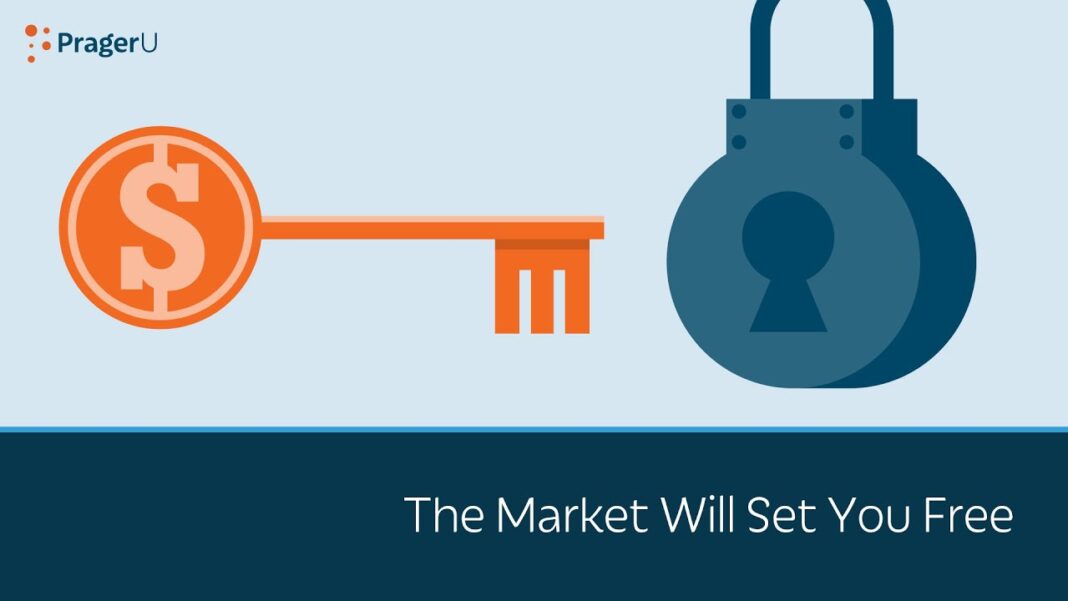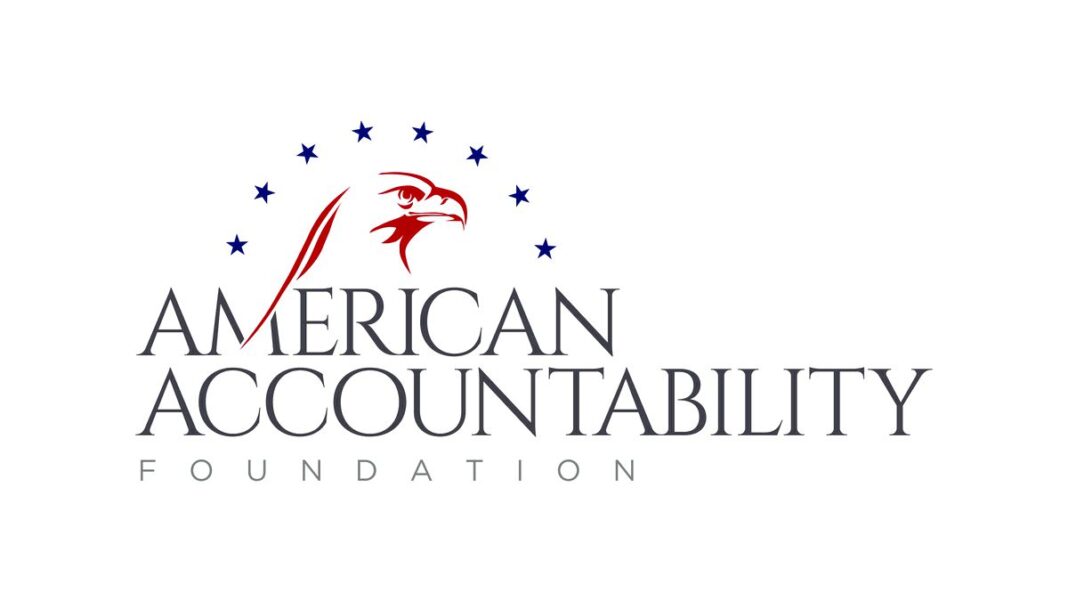
Corporations employ the tactic to avoid hostile takeovers, but it has drawbacks
Twitter announced on Friday that its board of directors has unanimously adopted a “poison pill” defense to prevent Elon Musk from acquiring the company.
If any business, person, or group acquires 15 percent or more of Twitter’s outstanding common stock through a transaction not allowed by the board, according to the announcement, other stockholders will be able to purchase additional shares of stock at a discount price.
The plan expires on April 14, 2023. The company is expected to announce the details of the plan including the discount rate in a filing with the U.S. Securities and Exchange Commission soon.
The poison pill technique, also known as a shareholder rights plan, is used as a defense strategy by a target firm to prevent or discourage a potential hostile takeover.
The term “poison pill” comes from the time of wars and espionage when spies carried poison tablets. If they feared they were going to be detected, spies would take these pills to avoid being questioned by the enemy.
Martin Lipton, a famous mergers and acquisitions lawyer, developed this strategy in the 1980s when corporate takeovers were becoming increasingly widespread.
When a corporation is threatened with a takeover, it may employ the poison pill method to make itself less attractive to the potential buyer by raising the cost of acquisition and creating strong disincentive.
The method provides existing shareholders the option to buy additional shares at a lower price, thus diminishing a new, hostile party’s ownership stake.
If Musk reaches 15 percent ownership, the poison pill will be triggered. This will allow other shareholders to buy stock at a discount. Musk will be the sole shareholder who will be unable to acquire these cheaper shares.
This will make the billionaire’s acquisition of the firm more expensive and difficult. Musk currently owns over 9 percent of the company’s stock.
By Emel Akan








